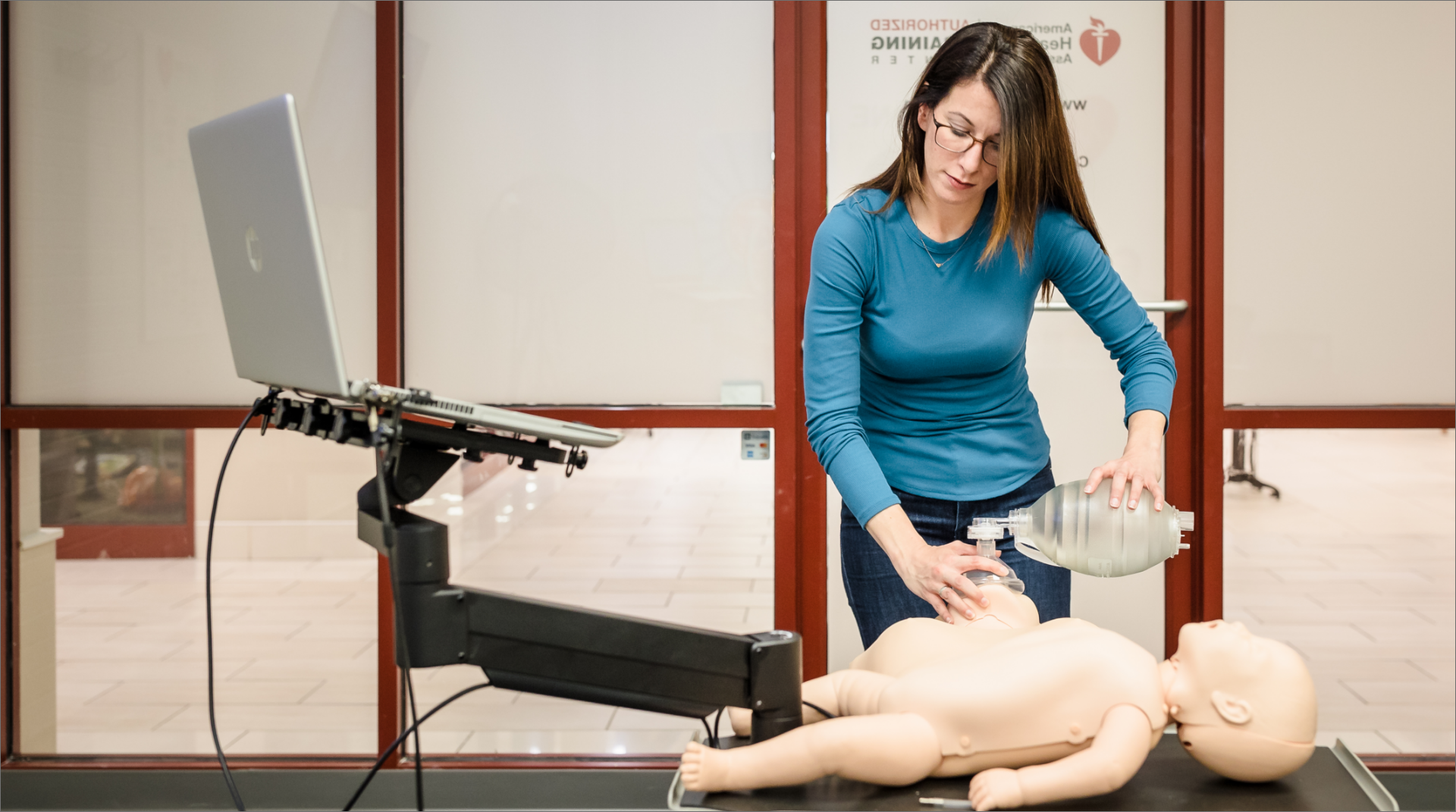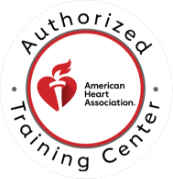

CPR Resource Center
The most comprehensive library of emergency training resources — including videos, articles, downloads, and more.


The most comprehensive library of emergency training resources — including videos, articles, downloads, and more.
The Department of Social Services (DSS), Division of Early Care and Education, handles licensing and regulating child care programs in the state of South Carolina. Their mission is to develop an early care and education system that focuses on building high quality, comprehensive programs that provide integrated services.¹
In South Carolina, all child care programs must be licensed, registered or legally exempt. This applies to four main types of child care providers: child care centers, group homes, family homes, and limited operation or holiday care centers.² All programs, except those that have limited operation, are monitored by the DSS.
The DSS defines a caregiver as, “any person whose duties include direct care, supervision, and guidance of children in a childcare facility.”³ A childcare facility is defined as, “a facility which provides care, supervision, or guidance for a minor child who is not related by blood, marriage, or adoption to the owner or operator of the facility.”
Generally, child care facilities include day nurseries, nursery schools, childcare centers, group childcare homes, and family childcare homes. They do not include schools kindergarten or above, care programs where the parent is in the same building, school vacation camps, special facilities for those with intellectual disabilities, or private religious centers. Child care centers are classified as those caring for 13 children or more. Group homes care for 7-12 children and family homes care for 6 children or less. Exempt programs typically offer child care for less than 4 hours at a time.
At a minimum, the DSS requires one caregiver with a current certificate for the provision of basic first aid and child-infant cardiopulmonary resuscitation (CPR) to be on site at all times. Family childcare homes are the only facilities exempt from this.
The DSS does not require specific medication administration training. However, if a child has a prescription medication, such as an inhaler or epinephrine pen, the state does require a signed parental consent form that authorizes the facility to administer the medication to the child. This form must be renewed annually.
If a caregiver feels it is necessary to administer a medication to a child without prior parental consent, they must do so only if there is a good faith belief that the child is suffering from a medical emergency and administering medication would prevent death or serious injury. The caregiver must ensure that the medication is administered following the label or health care provider directions and is not expired.
The ABC Quality Program is a voluntary program that helps child care providers achieve higher standards of quality in caring for the children they serve. Child care facilities can achieve a grade of A, B or C with A+ being the highest quality.⁴
To be eligible for this program, all staff must have a current Pediatric First Aid and Infant/Child CPR certification.⁵ Certifying all staff increases the quality of the program and can make a child care facility more desirable to parents or guardians.
It’s always good practice to review regulations on a timely basis & keep in mind that additional measures may apply on a municipal level. These could include local zoning laws or requirements dependent upon funding sources.
Our recommended course for Daycare Center CPR & First Aid requirements in South Carolina is the Heartsaver Pediatric First Aid CPR AED course.
BEACON Heartsaver Pediatric First Aid CPR AED – Participants complete the Online Heartsaver course at home and then come to a Code One Training Center location for an independent skills verification on the innovative RQI 1Stop® platform.
Heartsaver Pediatric First Aid CPR AED | Live Instructor – This is the same course, but you’ll complete it live online with a Code One Instructor, then schedule an individual skills appointment.
Help Me Find a Course